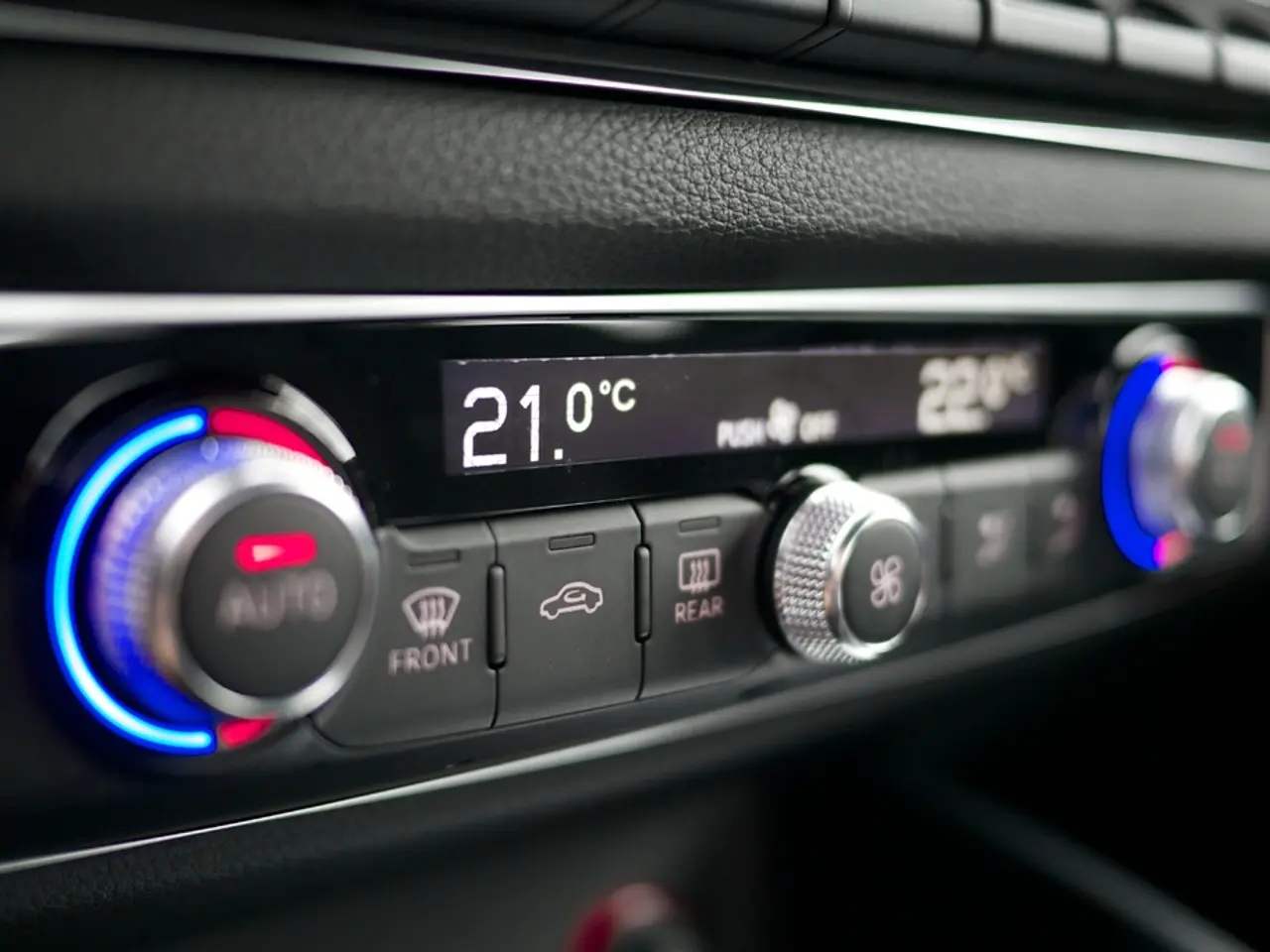Refers to the process of enhancing the quality of a digital recording or image, often involving noise reduction, equalization, and other filtering techniques to improve overall sound or visual appearance.
In the ever-evolving world of music, the process of digital remastering plays a significant role in bringing back the freshness and clarity of beloved tracks from the past. This technique, which involves enhancing original audio recordings, has become an essential part of the music industry's efforts to adapt classic works for modern playback systems.
Digital remastering is a meticulous process that involves several key steps. First, the original audio is digitized at high resolution if it exists on analog or lower-quality digital formats. Next, noise reduction techniques are employed to remove hisses, hums, pops, and other distortions that may have degraded the original recording. Equalization (EQ) is used to balance and clarify frequencies, making the music sound clearer and more natural. Dynamic range compression and limiting are applied to control volume levels, ensuring the sound is polished without distortion. Other signal restoration processes, such as de-clicking, fade-in/out adjustments, and stereo image enhancements, are also part of the process. Finally, the master is sequenced and prepared for distribution in various formats, sometimes with format-specific adjustments like loudness normalization or frequency balancing for vinyl limitations.
Mastering engineers use digital signal processing (DSP) tools during remastering to carefully refine the sound, ensuring it translates well across all listening devices—from headphones to high-end speakers.
However, the question remains: Is it worth purchasing remastered albums? The answer depends on several factors. First, the sound quality improvement: Remastered albums often provide a cleaner, clearer, and more balanced sound with less noise and better dynamic control than original releases or older digital transfers. This can enhance the listening experience, especially on modern audio equipment.
Second, the source material and remastering quality: If the remastering is done thoughtfully using the original tapes or high-quality sources and experienced engineers, the result is typically worthwhile. Poorly done remasters might sound overly compressed or lose the original feel.
Third, the format and playback context: For vinyl enthusiasts or audiophiles, remastered versions prepared specifically for vinyl can improve sound on that medium. For streaming or digital purchases, remastered tracks can sound more polished but may be normalized for loudness, affecting perceived dynamics.
Lastly, nostalgia and collectibility: Some fans appreciate owning updated versions for completeness or superior packaging.
In essence, digital remastering enhances audio quality through sophisticated digital processing, making older recordings sound fresher and more suited to modern playback systems. Purchasing remastered albums is often worth it if you value improved audio fidelity and a polished listening experience, but the benefit depends on the quality of the remaster and your listening preferences.
Technology and entertainment intersect in the realm of digital remastering, where music undergoes a transformation to meet the standards of modern playback systems. By leveraging advanced toolslike digital signal processing (DSP), mastering engineers ensure that the music sounds clear and balanced across various devices, offering an improved entertainment experience.




